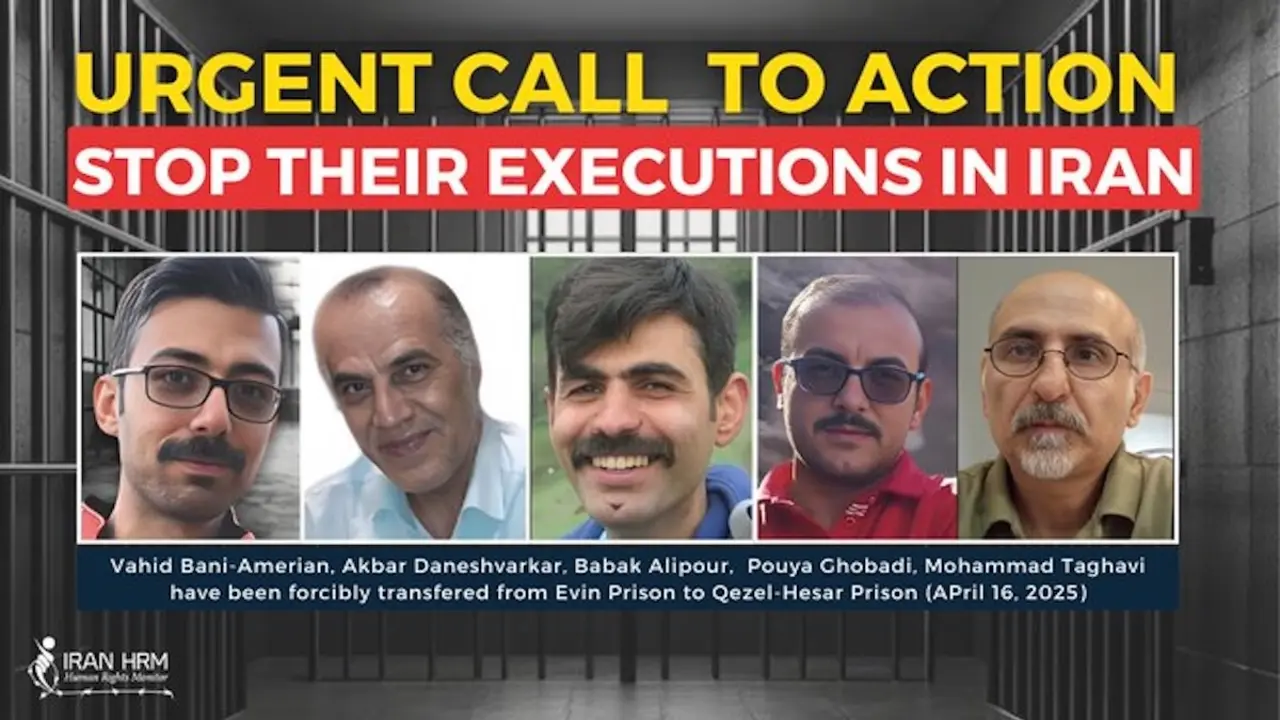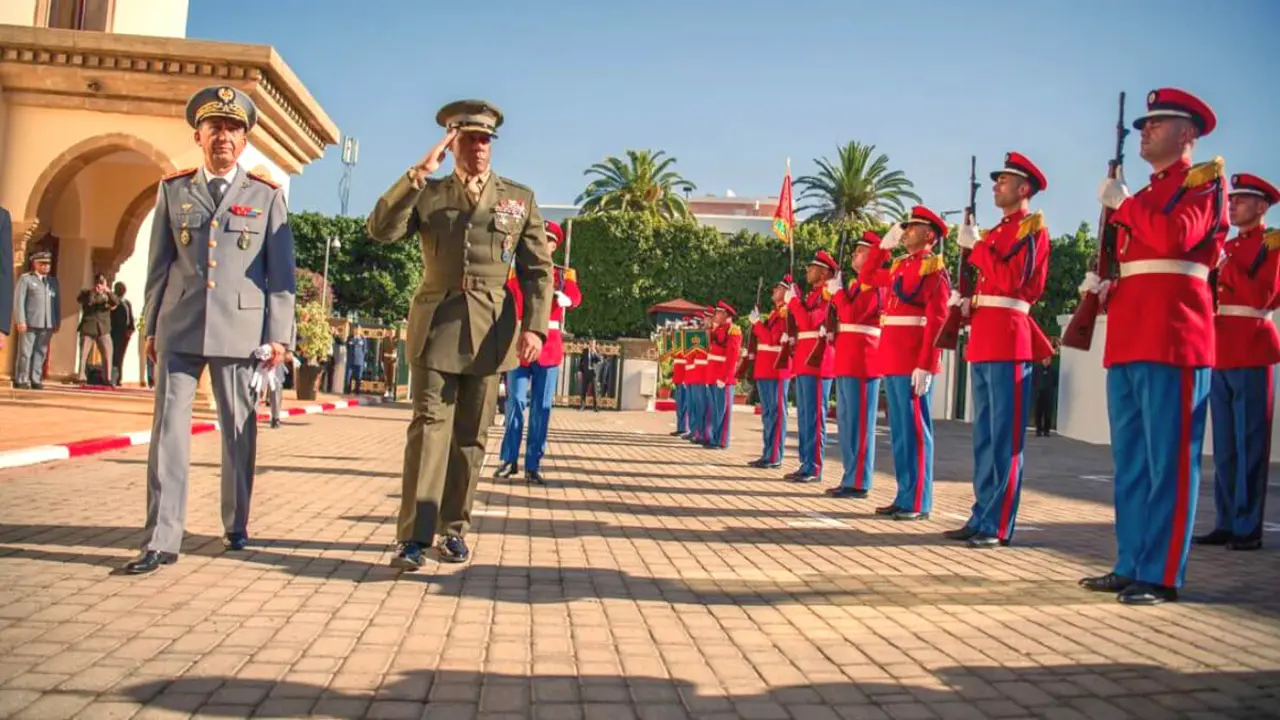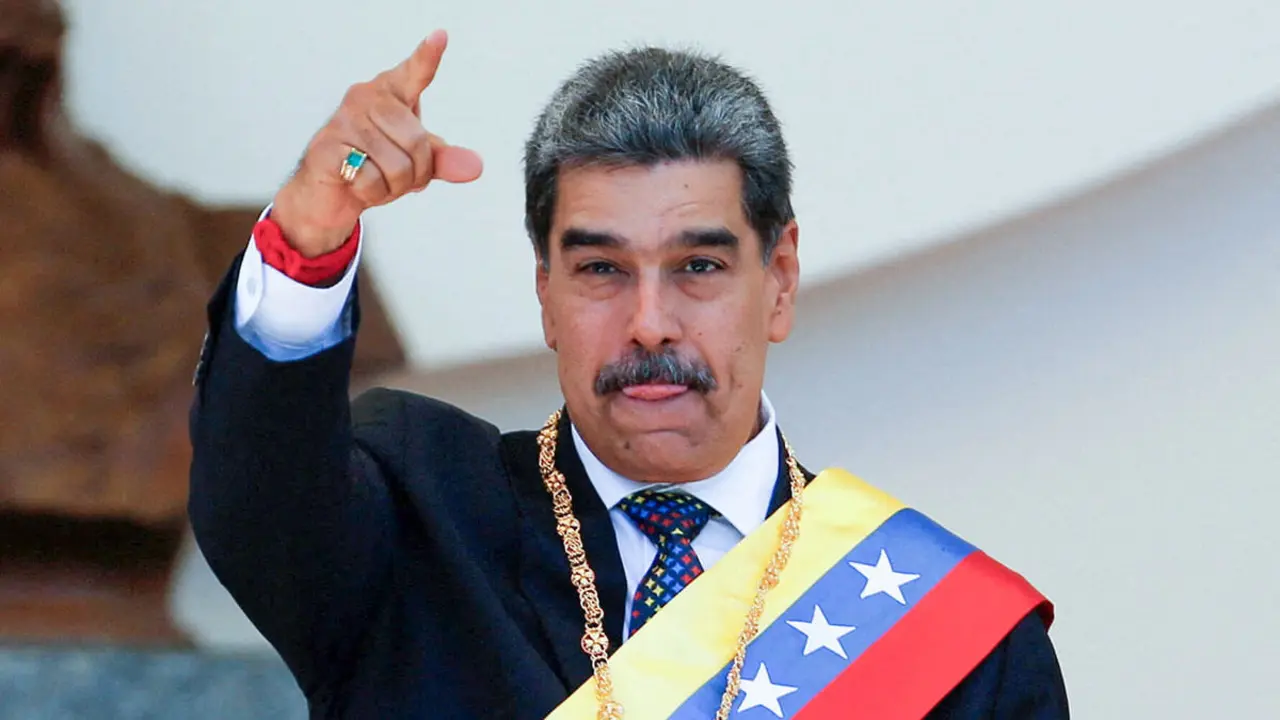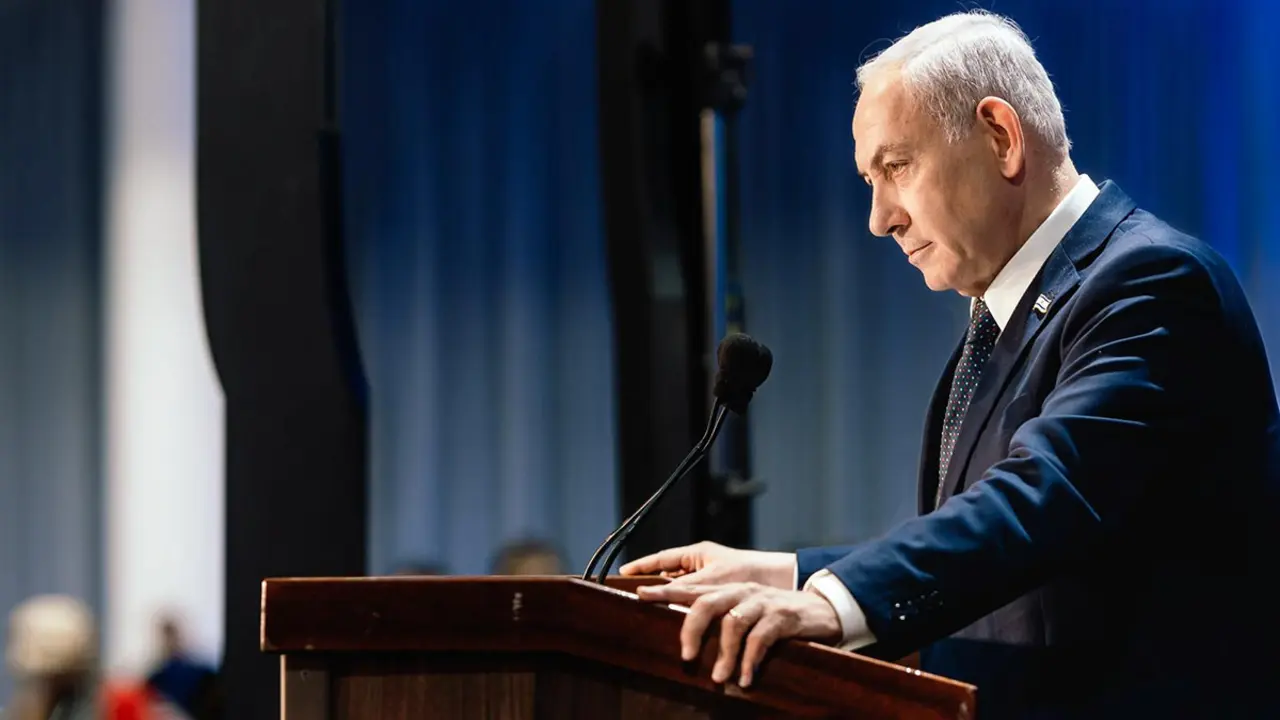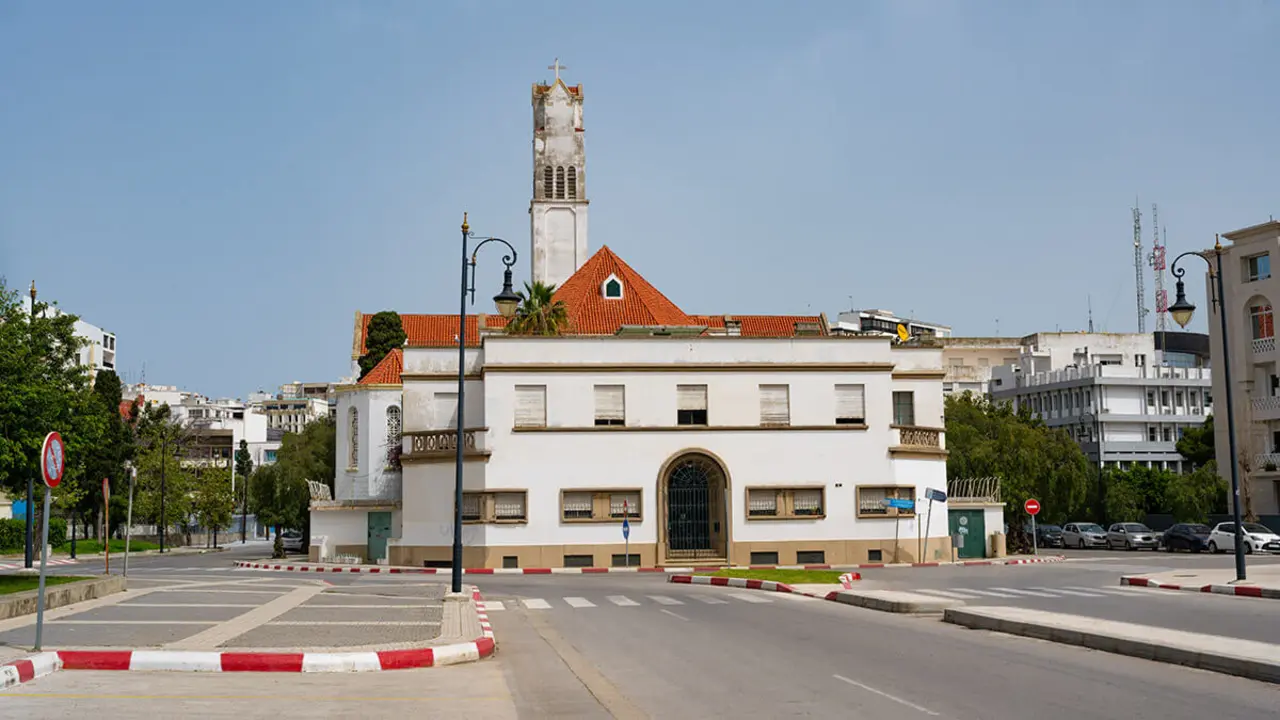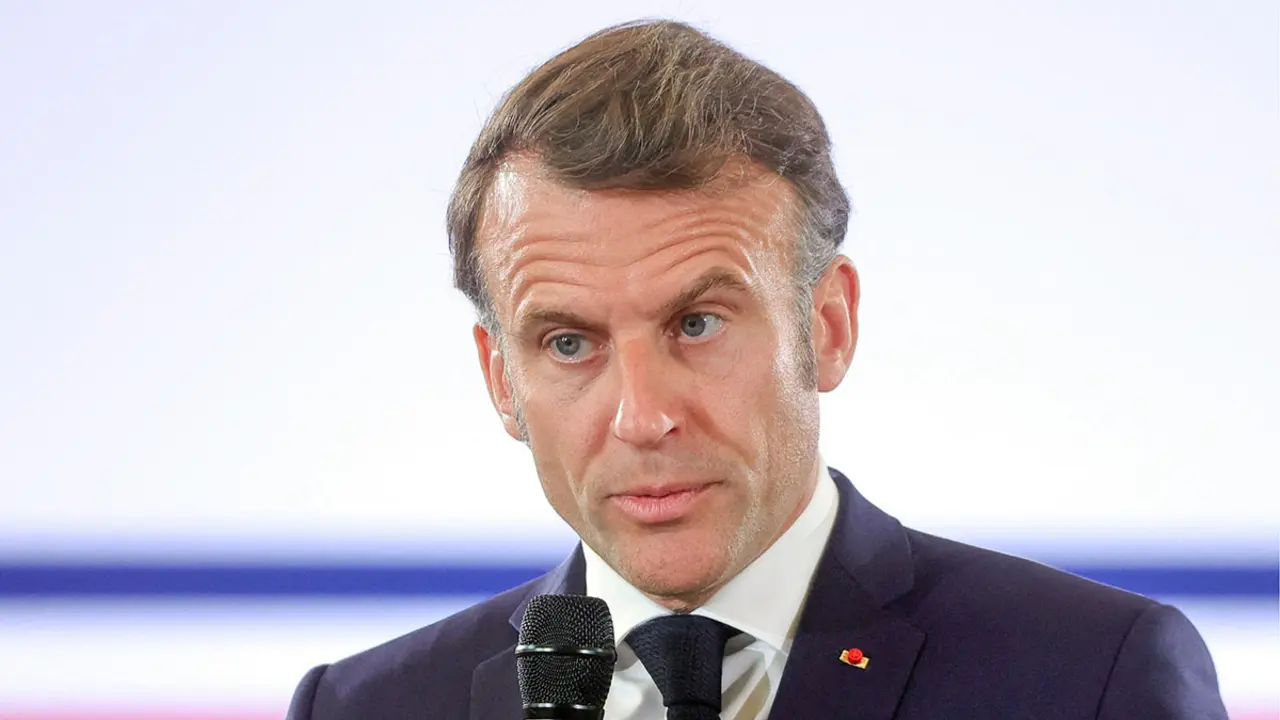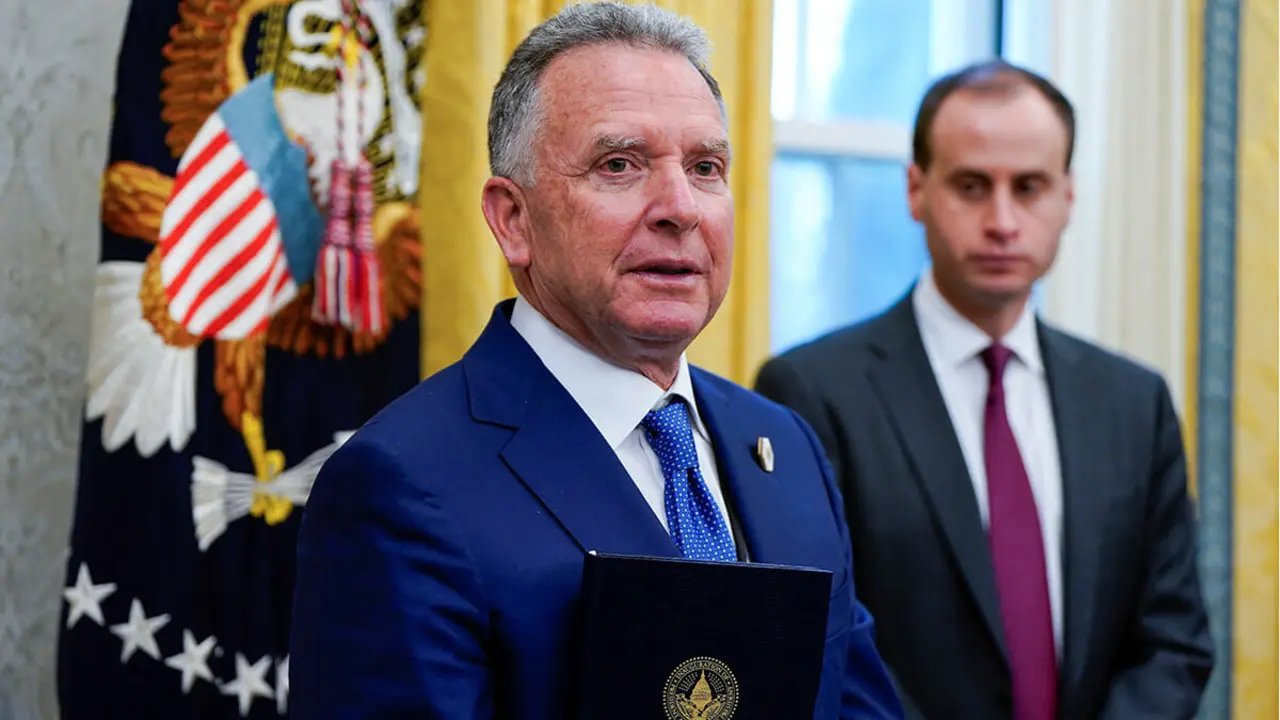Mohamed VI, comprometido con el alto el fuego en el Sáhara Occidental

King Mohammed VI of Morocco has already established his position regarding the escalation of violence in Western Sahara: "Morocco is firmly attached to the cease-fire, stressing that the Kingdom will respond, with the utmost firmness, and within the framework of legitimate defense, to any threat to its security and the reassurance of its citizens".
This came in a phone call between the King Mohammed VI, and UN Secretary-General Antonio Guterres, which was published by the Moroccan Royal Cabinet.
According to the Moroccan news agency MAP, both discussed the latest developments in the Moroccan desert issue, especially the situation at the Guerguerat passage.
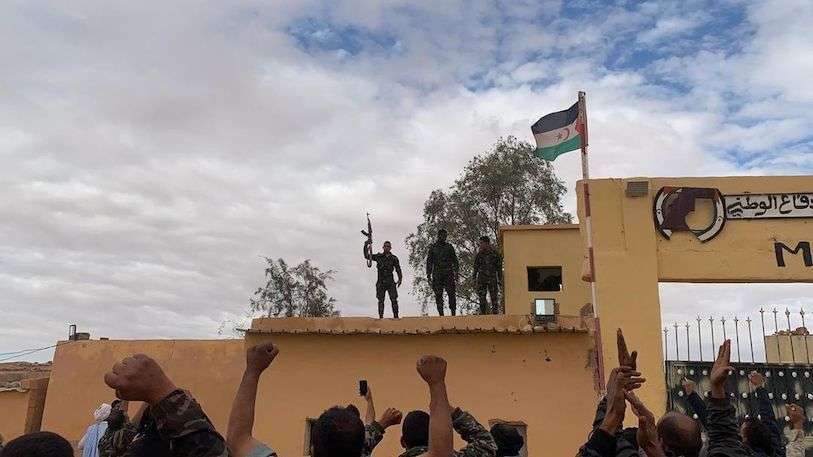
During this interview, the King stressed that, after the failure of all the laudable attempts of the Secretary General, the Kingdom of Morocco has assumed its responsibilities within the framework of its most legitimate right, especially since this is not the first time that the Polisario militias have carried out unacceptable actions", said Mohammed VI.
This is the first time that the King of Morocco has spoken out on the conflict with the Polisario since last Friday's exchange of fire at the southern end of the territory between the Royal Moroccan Armed Forces and Polisario Front militants, with the latter formally declaring war the following day.
After 30 years of ceasefire, the Polisario Front declared a "state of war" on Friday in reaction to an operation by the Moroccan army in an area at the southern tip of Western Sahara to restore traffic, as the Polisario Front cut off the road at the Guerguerat border post.
In a statement issued on Monday, the Saharawi Ministry of Defence said that Polisario forces carried out "massive attacks" on Monday against the Moroccan defence wall, dividing the disputed desert territory along 2,700 km.
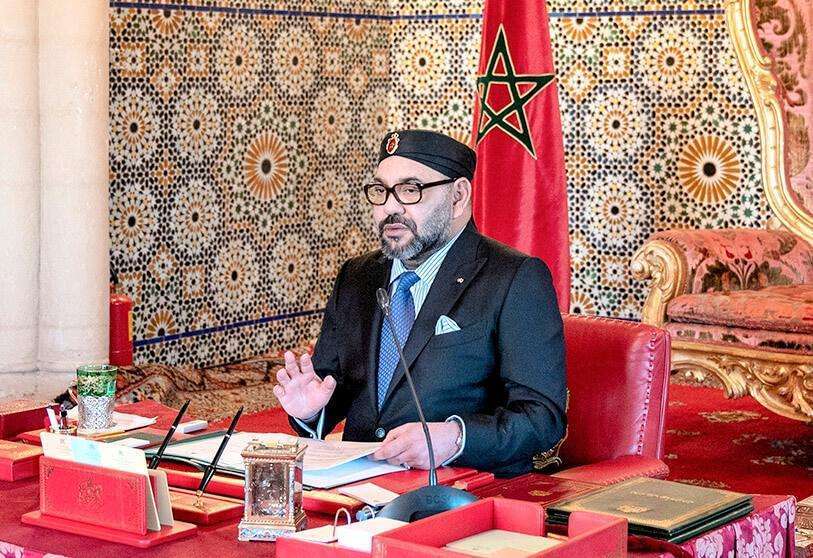
The independence movement denounces "shootings and bombings" against the sectors of Amlaga, Haouza, Al-Farcia, in the north of the territory, and the sectors of Baggari and Oum Dreyga, in the centre. These claims, collected by L'Orient le Jour, could not be verified by independent sources.
For the Polisario, the Moroccan intervention in Guerguerat meant putting an end to the ceasefire signed under the auspices of the UN in 1991 after 15 years of fighting.
"The end of the war is now linked to the end of the illegal occupation of parts of the territory of the Sahrawi Republic," said senior Polisario official Mohamed Salem Ould Salek to AFP news agency. The head of the Polisario's negotiating delegation with Morocco, Jatrih Abduh, warned on Monday that as long as the UN continues to evade its responsibility, avoid taking on the mistakes of the past and should not put pressure on Morocco to accept international legality and the 1991 agreements, "war will go on".
In an interview with Efe in the refugee camps in the Algerian region of Tindouf, the former president of the Saharawi parliament also warned that the war "will not be limited to the separation wall and will extend to the whole territory of Western Sahara".
The UN Peace Mission (MINURSO) "received information from both parties about shootings in various places during the night", a UN spokesman said on Monday during a press conference in New York. MINURSO "continues to urge the parties to exercise restraint and take all necessary measures to reduce the tension," he added.
King Mohammed VI assured the Secretary-General that Morocco will continue to support the political process, and this should be resumed on clear grounds and criteria, and the involvement of the real parties in this regional conflict to reach a realistic and achievable solution.
Specifically, this process should "involve the real parties to this regional conflict (in allusion to Algeria) and enable a realistic and achievable solution within the framework of the Kingdom's sovereignty", that is, excluding independence, a position that Morocco has held for the past 20 years.

On Sunday afternoon Algeria sent over 60 tonnes of humanitarian aid to the refugee camps in the Tindouf region, which were built over 45 years ago.
According to the local press, the aid, mainly food and medical, pharmaceutical and disinfectant products, was transported by two Algerian air force planes to Tindouf airport, where it was handed over to Polisario Front officials.
This humanitarian initiative is part of the "constant and unwavering support of the Algerian people for the brotherly Sahrawi people living in difficult humanitarian conditions", said the president of the CRA, Saïda Benhabiles.
For their part, Arab institutions such as the Gulf Cooperation Council, the Arab League and the Islamic Cooperation Organisation have shown their support for Morocco's intervention to end the Polisario's blockade of the Guerguerat border crossing.
Countries such as the United Arab Emirates, Qatar and Bahrain joined this support and supported the decision of the Alaouite kingdom to "respond to the flagrant violations of the Polisario Front".
Several versions
On Sunday, Rabat denied the information of the Polisario Front that there were fatalities during the clashes, following the intervention of the Moroccan Army on Friday in Guerguerat, in the southern tip of Western Sahara, to evict Saharawi demonstrators.
The Polisario Front reported on Saturday that units of the Saharawi Popular Liberation Army "attacked bases, support and supply points of the enemy, and dealt heavy blows to the Moroccan Army", which suffered "fatal casualties". According to a statement classified as "Part of War Number 2", units of the Saharawi People's Liberation Army (ELPS) "attacked bases, support and supply points of the enemy, and dealt heavy blows to the Moroccan Army", which suffered "fatal casualties".
On Saturday, the secretary general of Polisario, Brahim Ghali, considered the ceasefire agreement signed with Morocco in 1991 broken and decreed a state of war throughout the territory.
From Rabat, they claim that the situation in Guerguarat is "calm", following the operation by the Royal Armed Forces which "allowed the Polisario militias to be expelled from the crossing point between Morocco and Mauritania", according to the Moroccan news agency MAP. The version from Rabat is that the armed militia of the Polisario opened fire on the Moroccan armed forces, "which retaliated by forcing the elements of the separatist gang to flee, without any casualties being recorded", the state agency assures.

